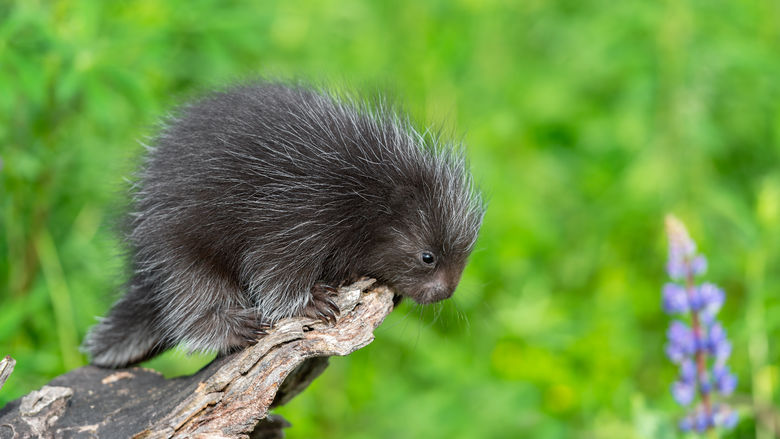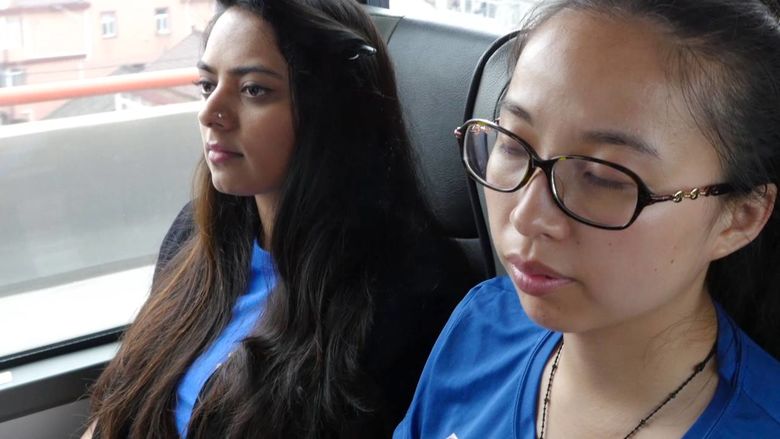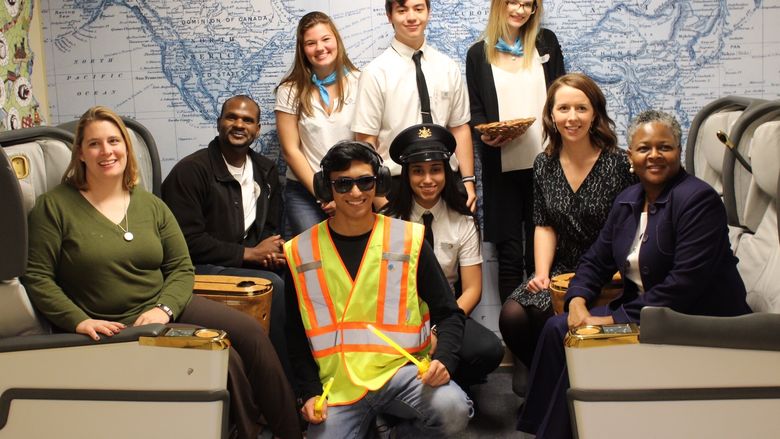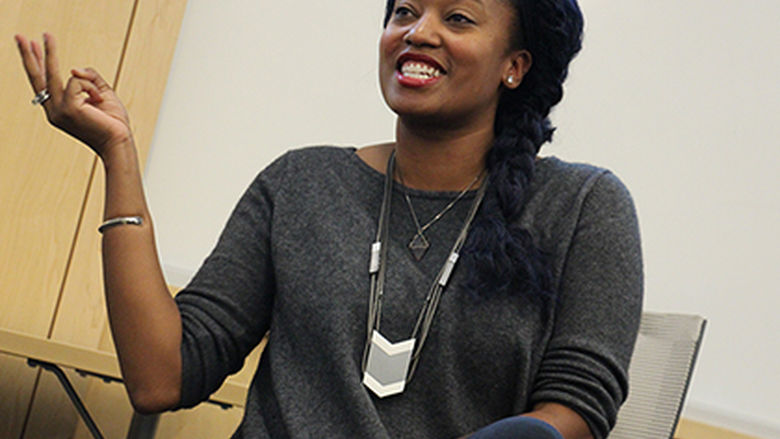CENTER VALLEY, Pa. — Ethan Liu and Logan Staley went to Cuba with eight other Penn State students as part of Penn State Lehigh Valley’s CHANCE (Connecting Humans and Nature through Conservation Experiences) program, which ran in the spring and summer of 2017.
Liu is a rising senior microbiology major at University Park. Staley received a bachelor of landscape architecture degree, and minor in recreation, parks, and tourism management and sustainability, from the University Park campus in May 2018.
Both Liu and Staley were in search of a research topic and they found inspiration on their second day when they traveled with the CHANCE program outside of Havana to Organoponico Vivero Alamar. Here they met a world-renowned organic Cuban farmer, Miguel Salcines. Salcines shared how worm farming was helping to produce some of the best soils possible for his fields and garden beds. His unique system for harvesting food and keeping pests away motivated Liu and Staley.
“It was an absolutely incredible experience to see how this farm, born out of the necessity of the Cuban people’s need for food security and operating on tools that are handmade and irreplaceable, can be so much more advanced than a majority of organic farms in the world,” said Staley.
Salcines introduced the group to the Marabou shrub, which is an invasive plant that becomes a pest in the fields since it outcompetes the crops and provides a real danger to the workers because of the nearly three-inch thorns that grow from its stems. There is currently no management plan for keeping this shrub out of the fields other than pulling them up as they grow.
“Instantly Ethan and I found each other and said, ‘we need to help with this.’ And agreed to make our project about invasive plants," said Stahley. "We were inspired by this farm that was able to profit off of new and abstract ways of reusing or rethinking plants and materials that surpass similar operations across the world. We quickly found examples in Africa of people producing and shipping Marabou charcoal around the globe and knew that if we could compile a compelling argument for the economic utilization of Marabou shrub for farmers, we could turn a pest into profits, and allow the Cuban people to do what they do best: innovate and adapt.”
“As a biologist," said Liu, "I was all too aware of the detrimental consequences that a non-native species can incur upon the critically endemic ecosystems in Cuba and this inspired us to look into applicable solutions."
Liu and Stahley were advised by CHANCE Founder Jacqueline McLaughlin, associate professor of biology at Penn State Lehigh Valley. Both described McLaughlin’s enthusiasm as contagious and motivating during their research.
“The wealth of knowledge she [McLaughlin] possesses concerning environmental policy and sustainability actively inspires you to take the initiative to become an involved global citizen," said Liu. "She is a thorough mentor who challenges you to investigate relevant ecological matters, but also guides you in the field. She is an approachable expert not afraid to get her hands dirty and really aspires to make you understand the dire situation and future of our planet."
“After we returned to the U.S., Dr. McLaughlin communicated to us through email as we were at different campuses, but it honestly was like she was standing with us the whole time because she was so thorough and asked very provocative questions that helped us frame our research," said Stahley. "By far the most compelling advice we received was to think about the people we met when we were working, our project was bigger than us, and to be able to suggest something this economically viable to people we met who might be struggling to get by filled us with the determination to keep refining our research and our goals until we were ready to present our work."
Their mixed-method research, titled "Exploring the Economic Utilization of Invasive Species to Improve the Health of Select Ecosystems in Cuba,” evaluated two of Cuba’s most notorious invasive species: the lionfish and Marabou shrub.
“While in Cuba, we engaged with scientists and farmers who pointed out invasive species and provided an in-depth discussion concerning their impact. Once we identified key disrupters, we examined literature to determine how other regions dealing with invasive species apply solutions to curb their proliferation,” said Liu, “Using market data, we suggested practical solutions that would enable the Cuban people to economically take advantage of consuming these species while also lifting their destructive tendencies on select ecosystems.”
They were awarded the grand prize at the 2018 Undergraduate Research Exhibition. They received the Gerard A. Hauser Award for Best Overall Exhibit Presentation.
“Winning this top honor was not only a testimony of Logan and Ethan’s research scholarship, but also their commitment to global citizenship. This is the goal of Penn State CHANCE: to empower students to devise sustainable solutions to our world’s environmental issues. I was honored to be their mentor,” said McLaughlin.
Both students were shocked to win such a great honor.
“This incredible award is really such an honor to receive, and I was so glad to actually receive recognition for the work that I had done as a student of Penn State,” said Stahley.
“It’s quite humbling, but I was also ecstatic that our research was appreciated and viewed as a viable solution to real-world problems,” said Liu.
The 2018 Undergraduate Research Exhibition was held on April 23 at the HUB-Robeson Center on the University Park campus. This was a record year for the exhibition, with more than 340 registered posters and presentations, an increase of more than 100 from last year’s count.
Dennille Schuler
Public Relations Specialist
Penn State Lehigh Valley




